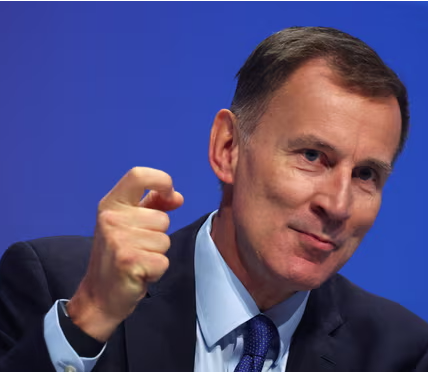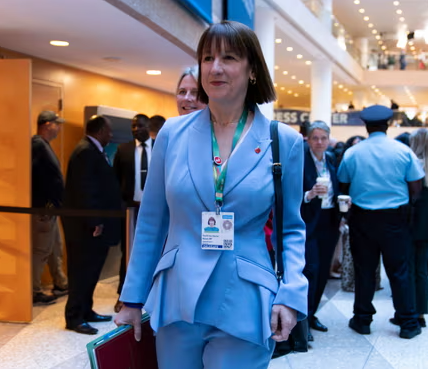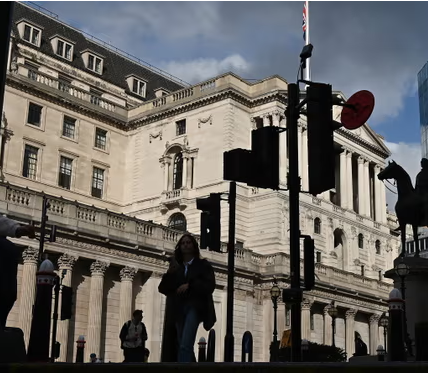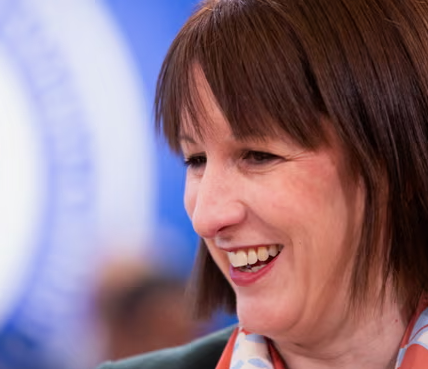Latest register of MPs’ interests includes football and Taylor Swift tickets, as new rules on gifts being drawn up
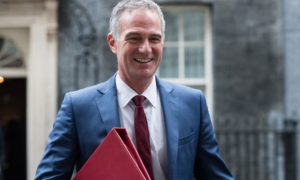
Peter Kyle, the science secretary, revealed he accepted two free tickets to a Taylor Swift concert in August. Photograph: Wiktor Szymanowicz/Future Publishing/Getty Images
Ministers have continued to declare free tickets to Taylor Swift, football matches and loans of clothing, according to the latest register of MPs’ interests, amid the controversy over Keir Starmer accepting hospitality.
Peter Kyle, the science secretary, revealed that he accepted two free tickets to a Taylor Swift concert in August worth more than £500, courtesy of the Football Association. It is understood the tickets were declared late in error – they should have been registered within 28 days of receiving the hospitality.
Others to reveal hospitality include Ian Murray, the Scottish secretary, who accepted £320 of tickets to a Liverpool v Bournemouth football match in September thanks to Salmon Scotland, where he had a meeting with the chief executive of the industry body.
Lucy Powell, the leader of the House of Commons, took £570 of Davis Cup tennis tickets in September, in her capacity as MP for Manchester Central, where the match was played.
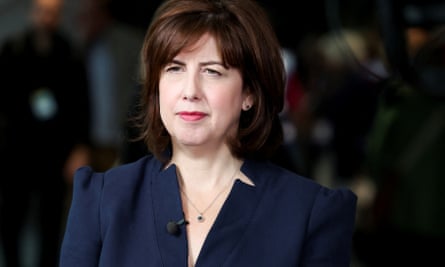
Lisa Nandy, the culture secretary, declared she had accepted a free loan of clothing from a fashion PR firm, 223 Agency, which was below registrable value.
It is understood Nandy borrowed an outfit from the UK designer Edeline Lee to signal her support as culture secretary for British fashion design, and that the outfit has since been returned.
The row over Starmer accepting more than £100,000 in free tickets and other gifts such as clothing while he was an MP has dogged the prime minister’s first few months in office. He attempted to draw a line under it by pledging to pay back £6,000 of tickets and gifts, including those to a Taylor Swift concert donated by her label, Universal Music.
However, he has made it clear that his decision to pay back the value of some tickets did not apply to other ministers, and that it was a personal choice while new rules on ministerial acceptance of benefits are drawn up.
Questions about the Swift concert have been reignited after it emerged Starmer and his family met the singer at the concert, after the government granted her a blue-light escort to the venue, which is usually reserved for royalty and politicians.
On Wednesday Downing Street said there was no conflict of interest, and there would be no referral to the independent ethics adviser over decisions to grant her extra security.
The home secretary, Yvette Cooper, and the mayor of London, Sadiq Khan, were said to have become involved in the talks, as Swift’s manager – her mother – insisted on the extra protection in the aftermath of a terror threat that led to her concerts in Vienna being cancelled.
Asked if he accepted there was a perceived conflict of interest, the prime minister’s spokesperson said: “No, on the basis that the decision-making in this case was for the Met [police] operationally and independently.
“However, the government is clear that it is entirely routine for discussions to take place around events of this scale and magnitude to ensure that they take place safely and smoothly. But the bottom line is that the decisions in this case are for the Met and the Met alone.”
The ministerial code states ministers must ensure that no conflict arises – or could “reasonably be perceived to arise” – between their duties and their private interests.
No 10 sources have said there was no discussion of security arrangements during the conversation between Swift and Starmer and that the chat had centred on the attack on a Swift-themed dance class for young girls in which three children were killed in Southport in July.
The MPs’ register also revealed further donations to the Conservative leadership candidates’ campaigns. Robert Jenrick registered a further £55,000, including £25,000 from Access Industries UK, owned by a company founded and owned by the Soviet-born US-British businessman Sir Len Blavatnik.
Kemi Badenoch registered more than £125,000, including £25,000 from Wol Kolade, the deputy chair of NHS England and managing partner of Livingbridge, a private equity firm with interests in private healthcare.

